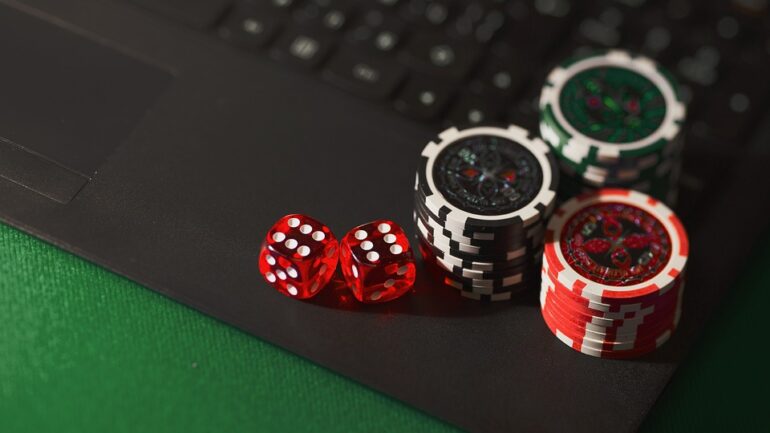Gambling has an undeniable appeal for many people. Whether it’s placing bets at the race track, buying lottery tickets, or hitting the casino, the act of wagering money taps into the human psyche in complex ways. In this article, we’ll explore some key psychological factors that drive gambling behaviors and make this pastime difficult for some individuals to resist.
Allure of Reward Uncertainty
At its core, gambling conjures up our natural craving for reward. Games at Skycity Casino online like slots and roulette brilliantly manipulate variable ratio reward schedules. This means the rate of payout is unpredictable. You might win on your first try or your hundredth. This leaves gamblers continually playing in hopes of the next big win. The possibility feels within reach, spurring the addictive cycle of playing just one more time.
Researchers have found that the random nature of gambling wins activates the brain’s reward system in a manner similar to drug use. While regular rewards lose their sensational appeal, the unexpected wins delivered by gambling keep us coming back.
Role of Cognitive Biases
Gambling persistence can also be partially explained by cognitive biases. For instance, after a string of losses, gamblers often believe they are more likely to win soon based on the gambler’s fallacy. This posits that if something happens more frequently than normal during a period, it will happen less frequently in the future. In gambling terms, this means a run of bad luck should inevitably turn around.
There is also a confirmation bias at play. Gamblers remember and focus on their wins while downplaying losses. This further strengthens the illusion that winning is more probable than the numbers actually reflect.
Even the near-miss effect demonstrates how brains are tricked into feeling fortunate. When slot machine symbols almost line up or roulette balls land right next to your number, near misses create the impression that you almost won. This fuels desires to continue playing despite the statistical reality that a near miss means nothing.
Cognitive Biases That Promote Gambling
| Bias | Description |
| Gambler’s Fallacy | Believing that past losses make future wins more likely |
| Confirmation Bias | Recalling wins and forgetting losses |
| Near-Miss Effect | Feeling close to a win spurs motivation to continue gambling |
Social and Emotional Appeal
Beyond biochemical and mental responses, gambling also fulfills social and emotional needs for many people. Slot machines and card games provide an immersive activity that can distract from daily stresses. The atmosphere of anticipation and excitement at casinos and racetracks can be contagious. Gambling can satisfy desires for a thrill.
For some, wagering and games of chance also satisfy social motivations. Gambling can be an avenue for escaping loneliness and interacting with others who share this interest. Many enjoy gambling as a recreational activity to do with friends and family.
When Gambling Becomes Problematic
For a majority of the population, gambling remains a recreational leisure activity. However, estimates suggest 1-3% of the adult population in the United States struggles with a gambling disorder. This is indicated by an inability to control gambling behaviors despite serious negative consequences.
Problem gambling is associated with issues like depression, anxiety, substance abuse, and even suicide. Several factors can increase someone’s risk, including family history, age, and certain biological factors. Males tend to experience gambling problems at a higher rate than females. Accessibility has also been linked to disordered gambling.
Research continues to uncover the complicated neurological and psychological processes that make gambling potentially addictive for some. A grasp of these mechanisms can lead to better prevention and treatment approaches. While gambling offers excitement, sensory appeal, and the hope of fortune, maintaining awareness of the systems behind it may help keep this pastime in check.






